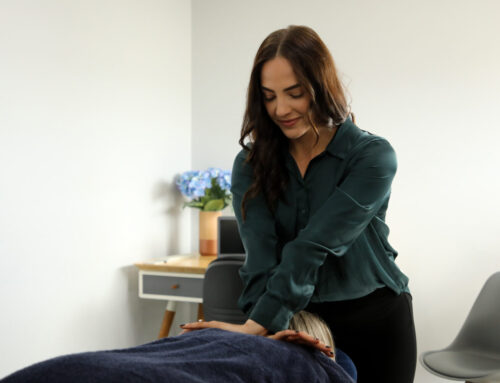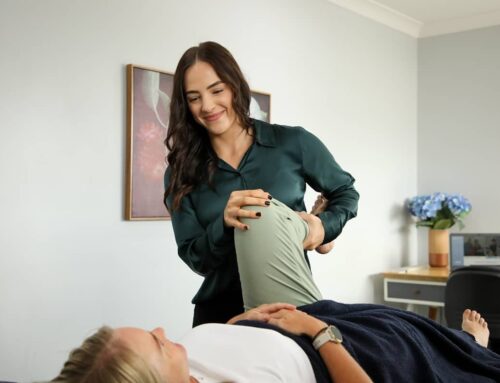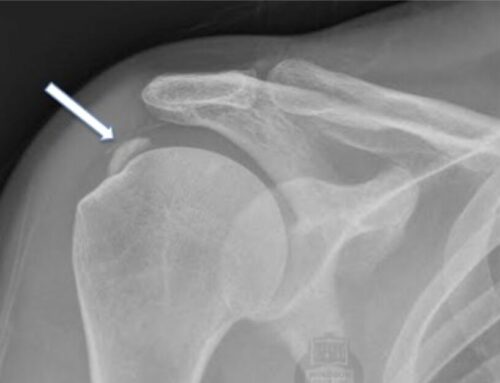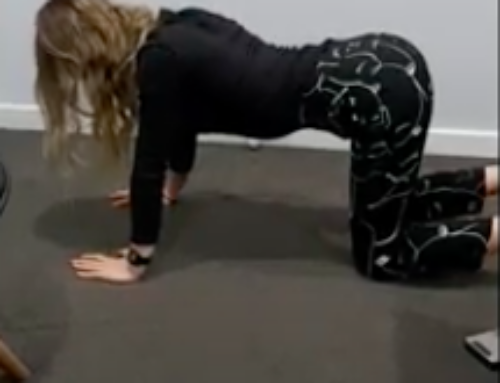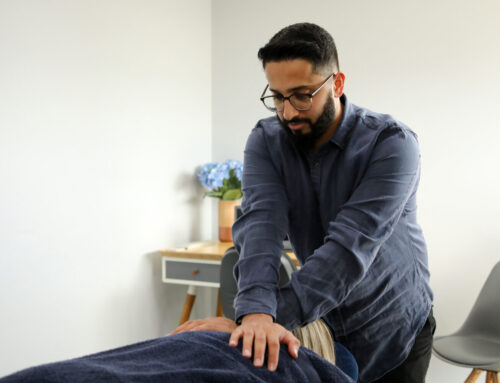Today, we’re diving into a condition that might be causing you discomfort or limiting your shoulder’s mobility—adhesive capsulitis, more commonly known as frozen shoulder. As osteopaths, we often encounter patients struggling with this condition, here are some insights into this debilitating condition.
What is Adhesive Capsulitis?

Image Courtesy: https://my.clevelandclinic.org/health/diseases/frozen-shoulder-adhesive-capsulitis
Adhesive capsulitis is a condition characterised by stiffness and pain in your shoulder joint. Over time, the shoulder capsule—the connective tissue surrounding the shoulder joint—becomes inflamed and stiff, leading to restricted movement. This can happen suddenly or develop gradually and tends to be more common in people aged 40 to 60, particularly women and is more common in those with diabetes.
Symptoms of Adhesive Capsulitis
Adhesive Capsulitis typically develops in three stages:
- Freezing Stage: Pain increases and shoulder movement becomes limited. This stage can last from six weeks to nine months.
- Frozen Stage: Pain may lessen but the shoulder remains stiff. Daily activities can become challenging. This stage can last from four to six months.
- Thawing Stage: Shoulder movement gradually improves. Complete recovery can take anywhere from six months to two years.
The pain is often a deep, dull ache, with the outer shoulder and upper arm being particularly affected.
Causes and Risk Factors
The exact cause of adhesive capsulitis is still not entirely understood, but it is associated with prolonged shoulder immobilisation, injury, surgery, and certain medical conditions like diabetes, thyroid disorders, and cardiovascular disease. Risk factors include age, gender (more common in women), and certain systemic diseases.
Osteopathic Approach to Treatment
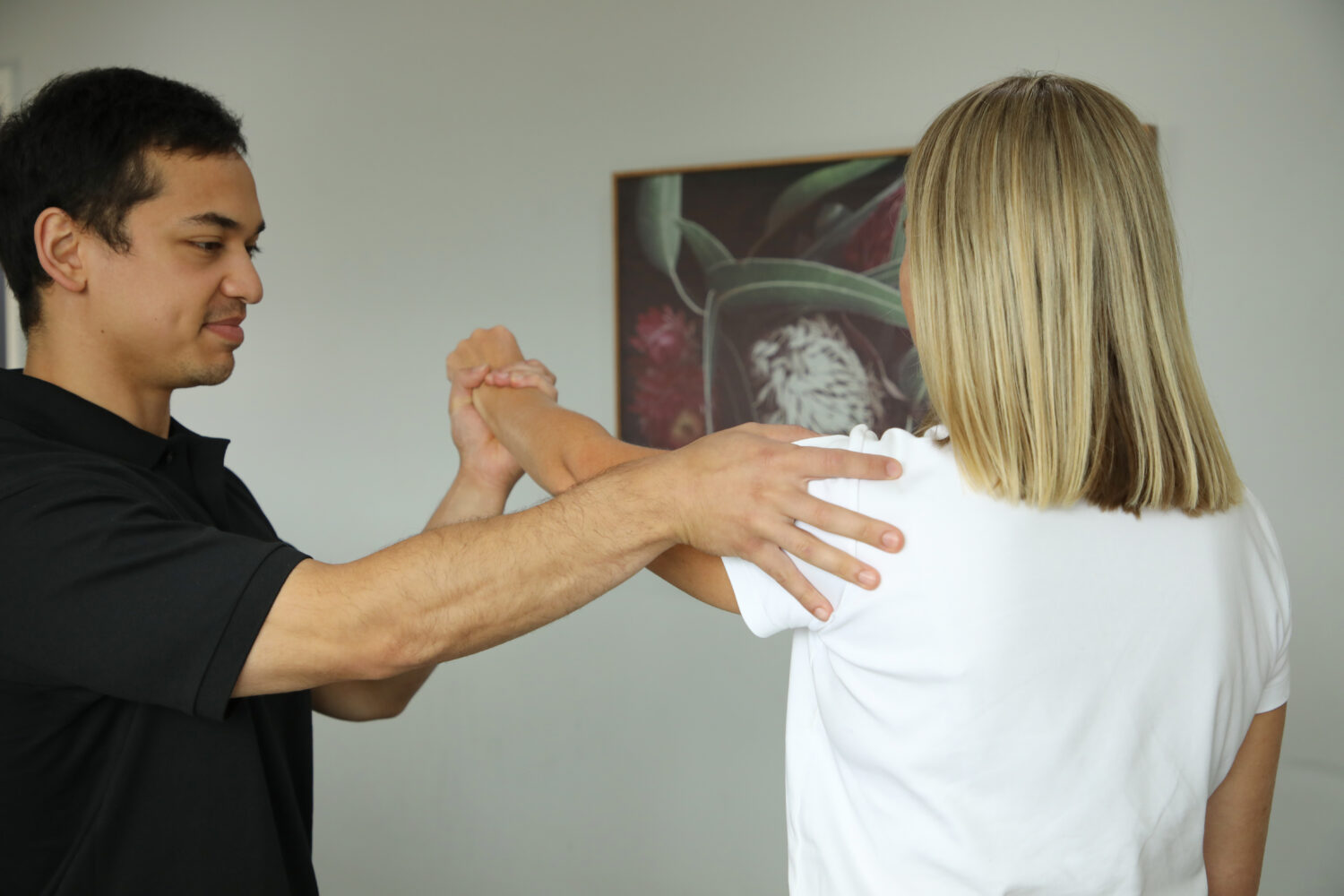
- Osteopathic Manipulation and Mobilisation: Techniques can be used to gently manipulate and mobilize the shoulder joint and surrounding muscles. This helps to reduce stiffness and improve range of motion.
- Soft Tissue Therapy: By targeting the muscles and tendons around the shoulder, we can help relieve tension and promote healing.
- Exercise Rehab: A tailored exercise and stretching routine to help you regain strength and flexibility. Regularly performing these exercises at home is crucial for your recovery.
- Education and Support: Understanding your condition and knowing what to expect is empowering. We provide you with detailed information and continuous support throughout your treatment journey.
Staying Positive
Recovery from adhesive capsulitis requires time and patience. While the journey might be slow, with the right treatment and a positive mindset, improvement is inevitable. At Pakenham Osteopathy, we are dedicated to walking this path with you, providing expert care and encouragement every step of the way.
If you’re experiencing symptoms of a frozen shoulder, don’t hesitate to reach out and schedule a consultation here.
